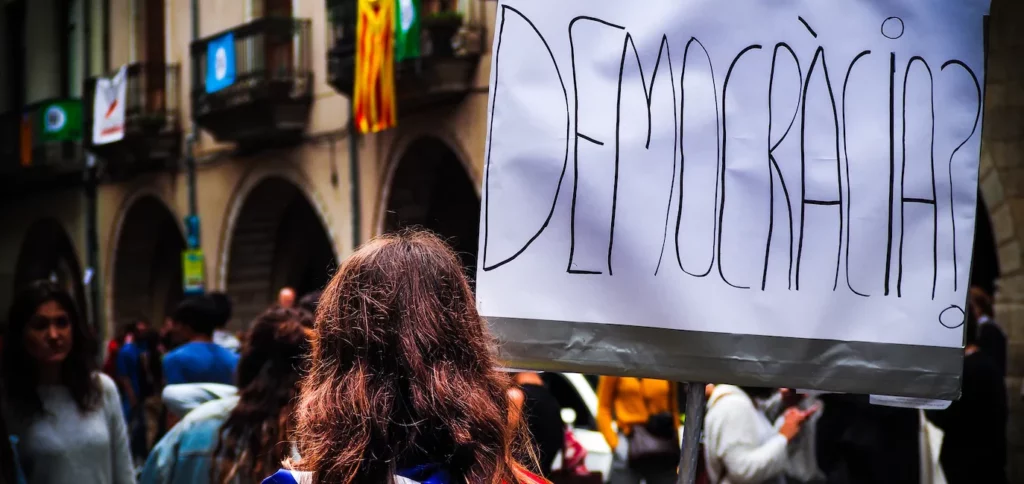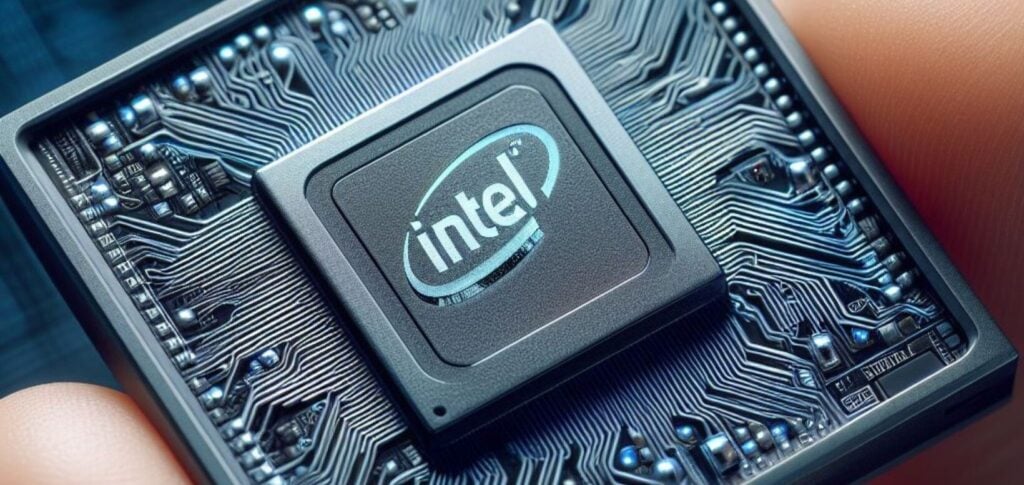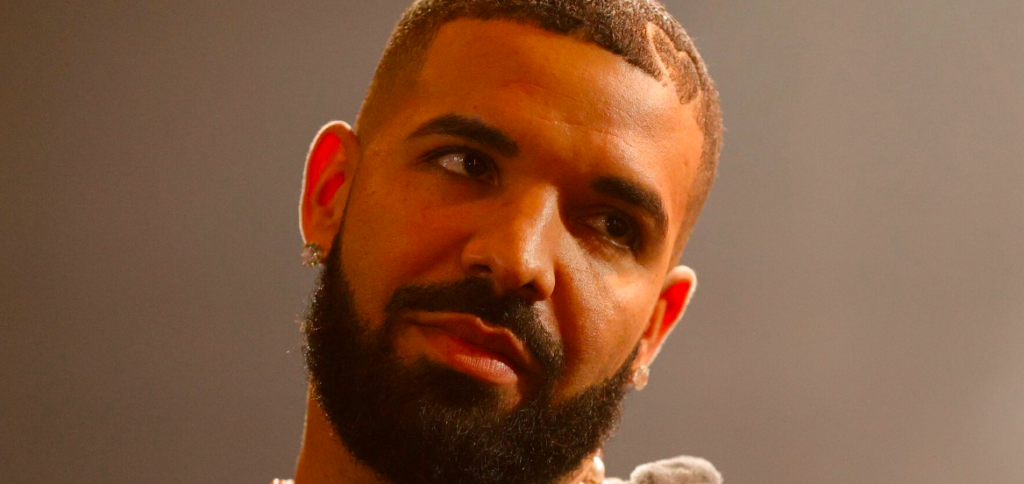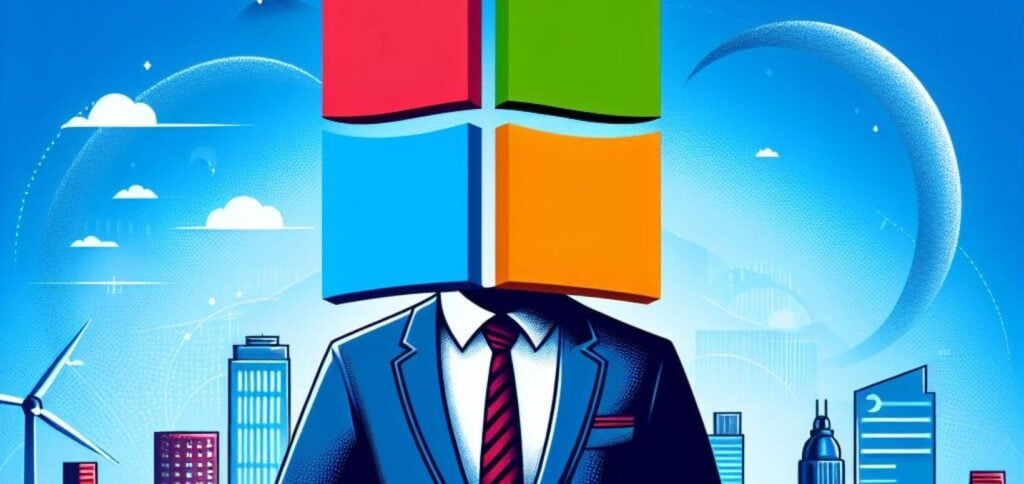“A democracia It is a universally recognized ideal, a goal that is based on common values shared by people around the world, regardless of cultural, political, social and economic differences. It is, therefore, a basic right of citizenship, to be exercised in conditions of freedom, equality, transparency and responsibility, with due respect for the plurality of points of view, in the interest of the community.”
Universal Declaration of Democracy
O International Democracy Day It is celebrated by 128 countries and was created in 2007 by the United Nations (UN) to commemorate the signing of the Universal Declaration of Democracy, approved in 1997 by the Inter-Parliamentary Union – an international organization of parliaments.
ADVERTISING
The objective of the date is to celebrate democracy globally, in addition to making clear the importance of democratic regimes.
And why celebrate democracy?
Because democracy is the starting point for the search for equality, respect and freedom in the development of a society. The cornerstone is the rights of each individual as a human being. Within a democratic state of right to freedom of thought – do not confuse with freedom to attack – and the press freedom is fundamental.
As is also written in Universal Declaration of Democracy, as an ideal, democracy is essentially intended to preserve and promote dignity and os fundamental rights of the individual; achieve the social justice; and encourage the economic and social development of the community, reinforcing thesocial ohesion and the tranquility of the nation, providing internal balance, to create an environment favorable to international peace. As a form of government, democracy is the best way to achieve these objectives and also the only political system that has the capacity to promote their correction.
ADVERTISING
In Brazil, a bill (PL) attempts to create the National Democracy Day on December 13th. The PL was created in 2019 under the argument of “promoting the democratic feeling standardized by the Federal Constitution of 1988, with the aim of contributing to social awareness in a way that prevents expressions of support for dictatorships and instruments such as Institutional Act nº 5/68 ”.
And democracy in Brazil?
Democracy in Brazil is recent and fragile. Since the programming of the Republic in 1989, Brazil has been governed by three powers: The Legislative (parliamentary houses), the Executive (Presidency of the Republic) and the Judiciary (Courts of Justice). But this maxim was interrupted at some moments in history by totalitarian and dictatorial regimes.
The Civil Military Dictatorship installed after the 1964 coup was the longest in our modern history, and lasted until 1985: suspending the Constitution, closing the National Congress for some periods and ending the presidential election.
ADVERTISING
It was in the 1988 Constitution that democracy was defined as only legitimate form of government in Brazil, also establishing direct elections, that is, the entire population can choose their representatives both in the Presidency and in parliamentary houses, state governments and city halls.
Even with the Constitution in force, from time to time, minority demonstrations emerge calling for the end of the democratic regime and the installation of a dictatorship. 😨 Manifestations like this are difficult to understand: it's as if you were asking someone to silence your voice and decide your life for you, understand?
Remember if: Dictatorship is the opposite of democracy. Therefore, in a dictatorship your voice as a citizen has no value and your rights have no guarantees! This is what we call “suspension of individual freedoms”, that is, it is the government who decides what you can say and do. 😵💫
ADVERTISING
This video from Estado de Minas explains exactly how democracy works in Brazil:
Read also




